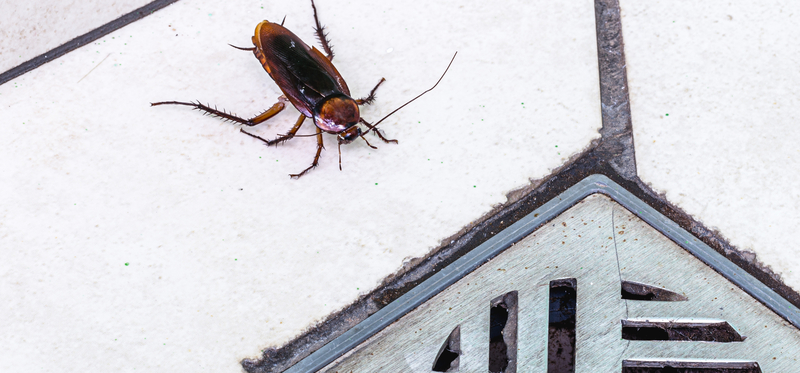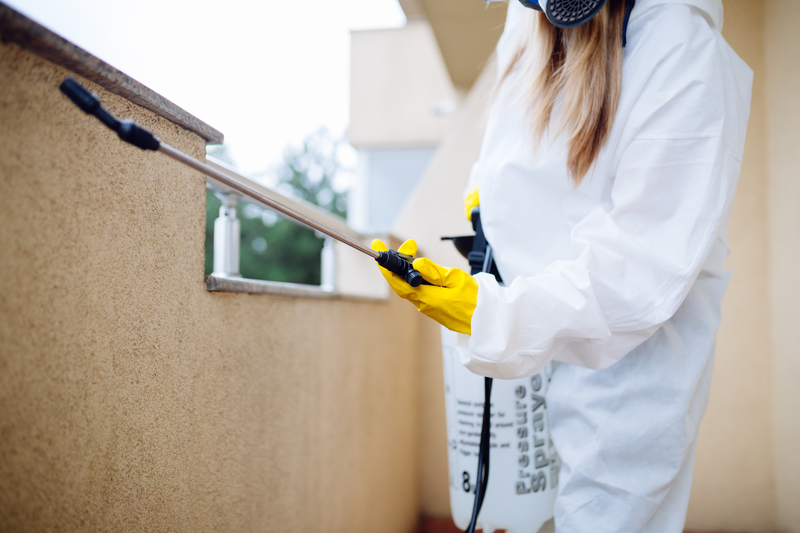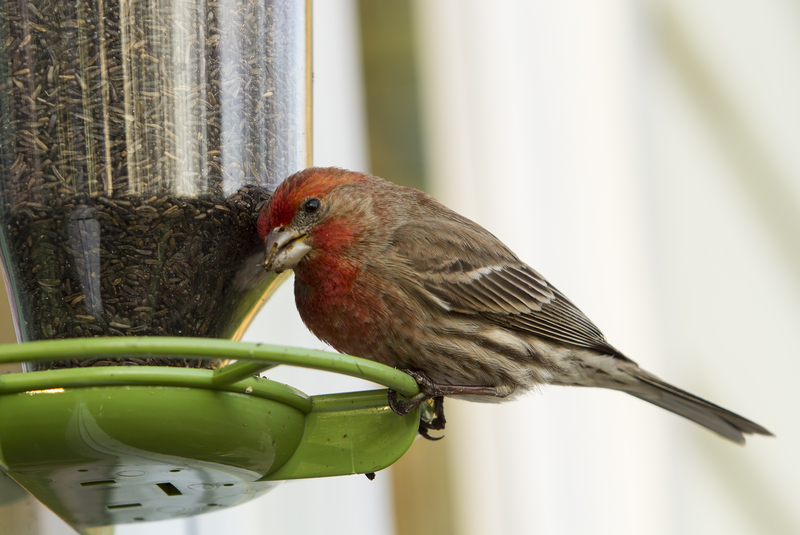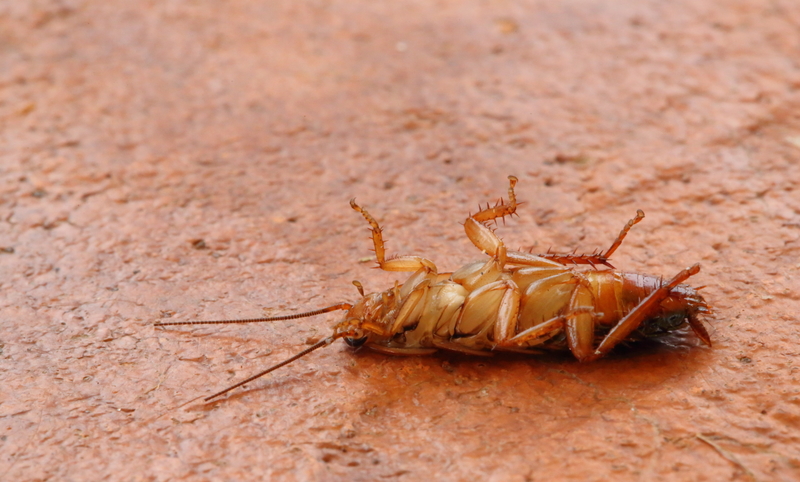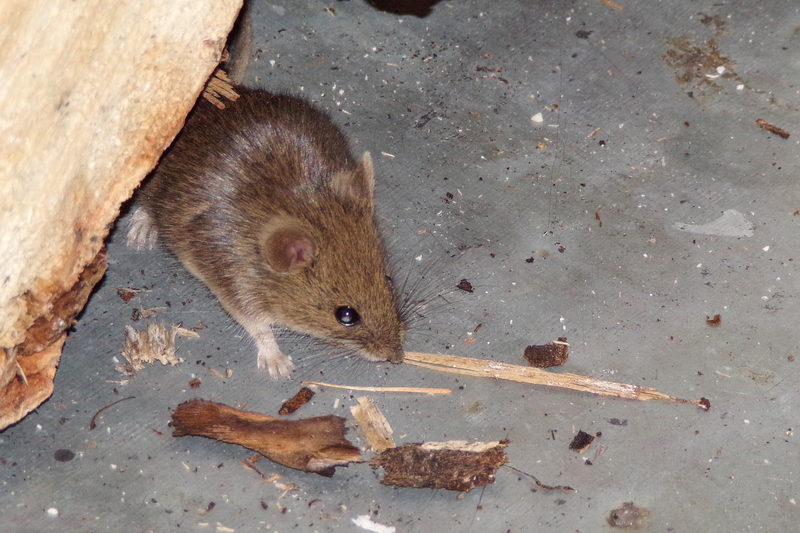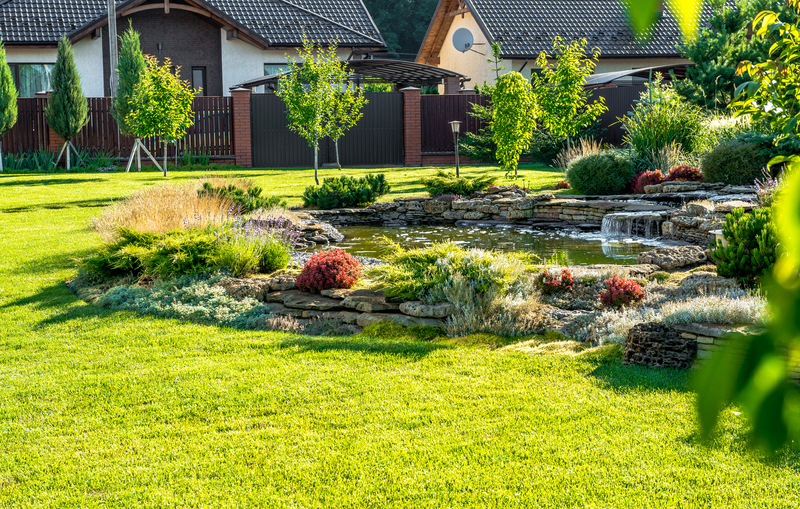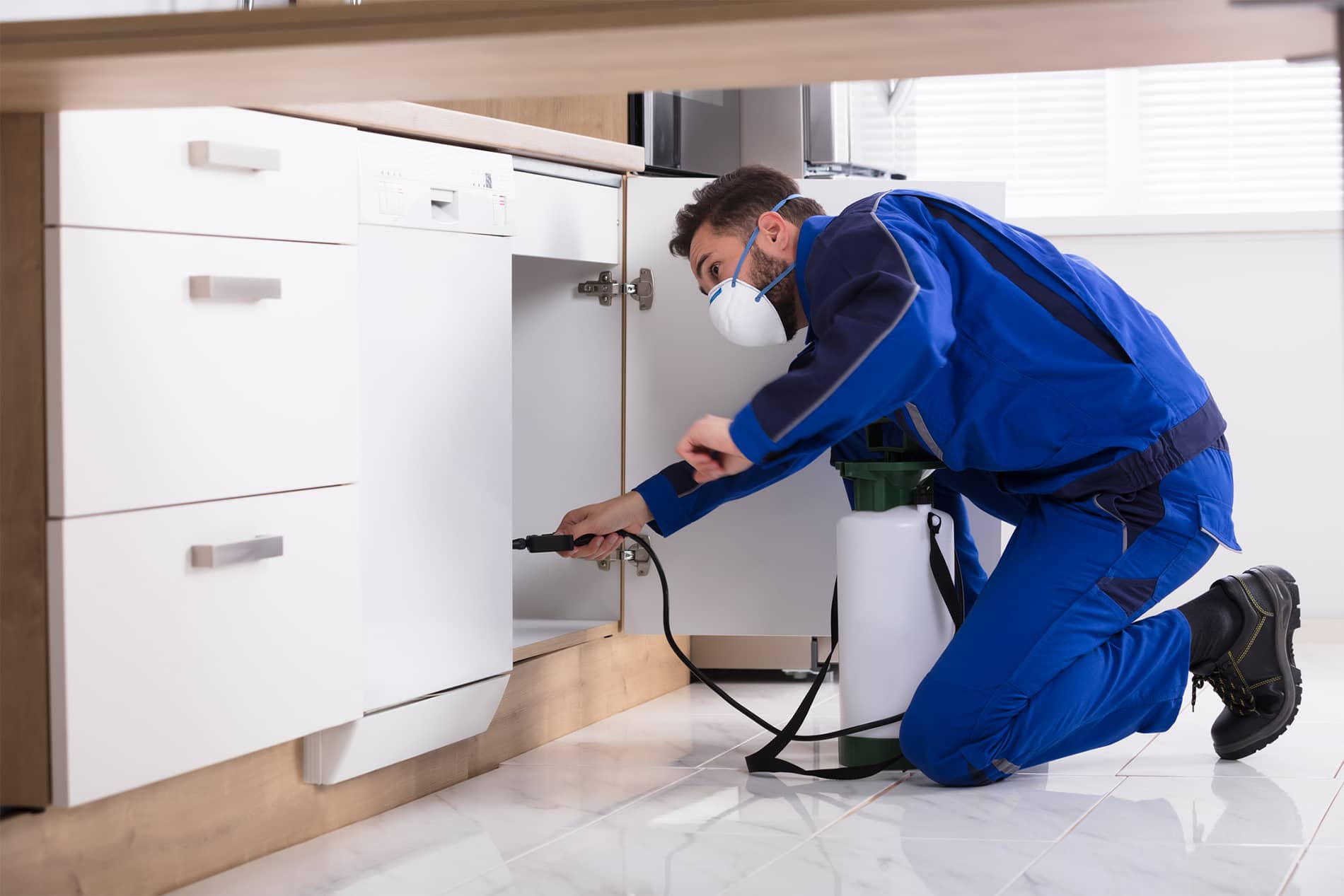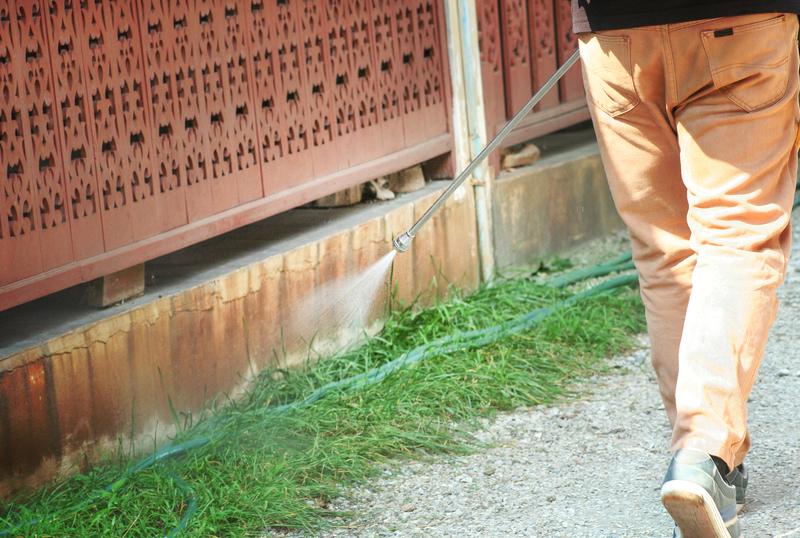Your beautiful home needs to be as pest free as possible! This includes, of course, nature’s insects, rodents, and other creatures as much as avoiding human pests. Obviously, if there are simple repairs and prevention which you can do which will prevent any infestations. What kind of home repairs can you do which can prevent pest issues?
Seal Entry Areas
Sealing entryways into your home might seem like a thing which is more for weather than for pests, but the same concepts apply to both. Anyplace air (cold or hot) is entering your home is also probably an area that insects and rodents can also enter. Remember, rodents can go anywhere their faces fit, which includes incredibly small areas. Likewise, using weatherproofing around windows and doors, making sure that they are sealed off from outdoor air will not only help prevent infestation, but also possibly lower the cost of your electric bill!
Clean the Gutters
Year after year your gutters fill with leaf trash, which is exactly what they are for! Unfortunately, if you don’t clean out your gutters, this leaf trash begins decomposing and creates a beautiful environment for pests. Cockroaches and earwigs, for example, specifically live in leaf trash and decomposing plant material. Since that’s their favorite thing and their best-case hotel, you want to make those spaces inhospitable. Kick them out of their new colonies before they begin. Likewise, filled gutters shelter mice, birds, and even snakes! Cleaning your gutters is a simple fix which, though annoying, takes little time, but which can eliminate that ecosystem for pests.
Trim Your Tree Branches
It can seem benign to have a large tree shadowing over your home, with branches stretched far and wide. But, if that tree is touching your home or sharing insects and rodents into it, it can be more like a nice superhighway to get pests to your roof. This includes things like squirrels and crawling insects, of course, but of special concern are, of course, termites. You don’t want anything which bores into and eats wood to live in your home. By trimming tree branches, it can make their route more difficult to get into your house.
Fix Cracked Concrete
Concrete paving can be expensive because it needs to be thick. But, repairing concrete properly is essential to your home. Besides pill bugs and other harmless insects, there are other insects, like boring ants, which can enjoy drilling into your home through small cracks. When it comes to rodents, they are capable of crawling through such tiny areas, so using strong caulking and concrete repair when needed is essential. Your foundation is crucial to the health and safety of your home, and keeping it strong should be a priority, regardless of cause. Preventing bugs as well is a great side benefit!
Add and Repair Screens
Screens can prevent pests, especially the flying kind, from entering your home. It can be easy to neglect screen repairs over time, especially in rooms which are little used or which belong to children. There are simple patches which you can use, or even sew in, for small rips and tears. For larger holes, there are repair kits and even classes on how to replace screens in your windows to make sure they are ready to protect your family from flying, biting bugs, and the diseases they can carry. Consider adding a screen door to all outside doors, to be able to enjoy the lovely spring and fall air without allowing more insects inside.
Maintain Your Yard
Your yard has a good amount of function, positive and negative, of what insects and rodents are comfortable living within it. It’s important to not keep debris in your yard of any kind, and to keep it well trimmed. Likewise, you need to keep bushes and trees well trimmed from being near the house itself. These things help keep insects, rodents, and even snakes from feeling secure living next to your home’s foundation, and perhaps finding a way inside. Ticks are of particular concern. Getting rid of plants they love, like barberry bushes, can help protect your family from illness from Lyme disease.
Store Trash Properly
You know that composting debris is delicious to bugs, mice, and other pests. If you want to prevent trash from being a buffet for bringing pests inside, storing it properly is key. Outdoor garbage cans should be emptied frequently, ideally weekly, and rinsed when they are in need. They should be stored away from the main body of the house. If your neighborhood will not allow them to be stored away from the house without being covered, there are simple structures you can build to cover and protect your bins. This also prevents racoons and rats from feasting in your trash.
Encourage Healthy Predators
There are beneficial predators which you want in your yard, though, which can help out with issues. Many native and natural plants can help encourage predator insects, and those are the kinds you want! While you might want to encourage orb weaver and other beneficial spiders in your yard to help prevent insects, it’s ok to dust off the eaves of your house to get rid of webs and debris. You can purchase ladybugs and praying mantis egg cases at local tractor supply centers in the springtime. Both your outdoor plants and your indoor self will appreciate the lack of insect infestation! They might seem odd looking, but opossums eat thousands of ticks daily, and lizards, cockroaches, and other pests. Don’t forget they’re your friends.
To keep your home beautiful inside and out is important. To prevent and eliminate infestation from bugs, rodents, and other pests is also extremely important. When you work hard to seal up exposed spaces, cracks, and other entryways into your home, it begins to limit that superhighway for bugs straight into your kitchen. By preventing leaf debris and trash around the home, and storing your trash cans away from the house, this further discourages large pests near your lovely home.
Read this next: How to Enjoy Your Backyard Space Free of Pests

